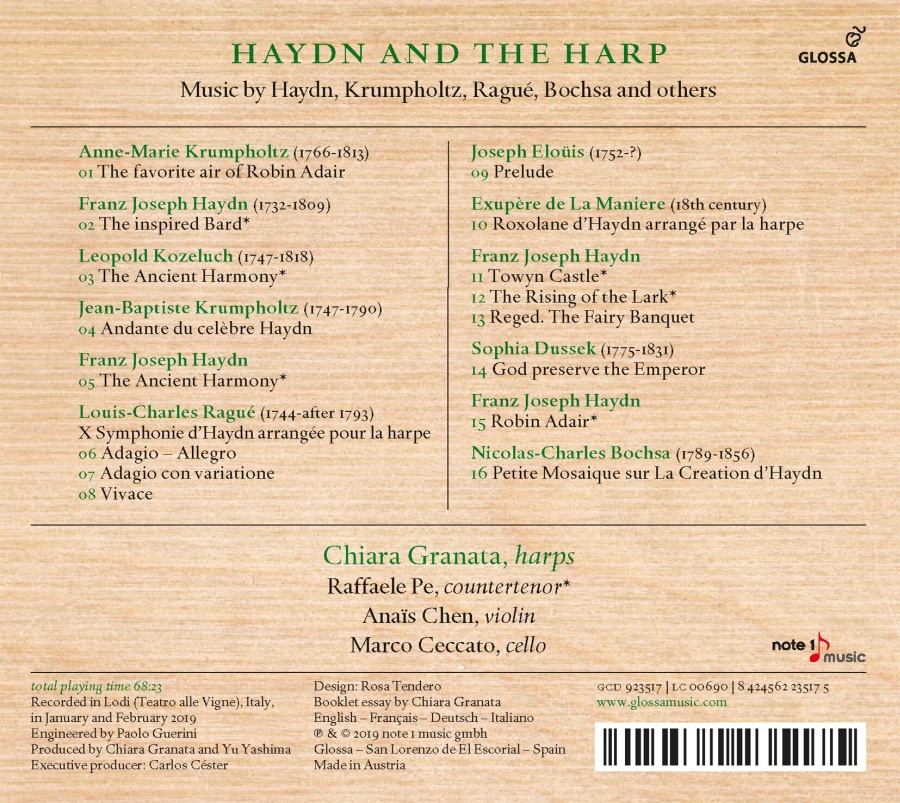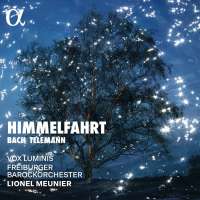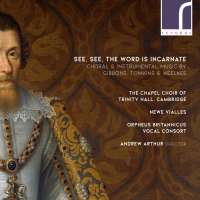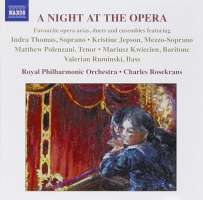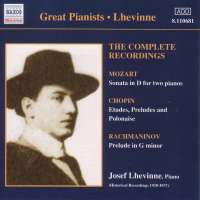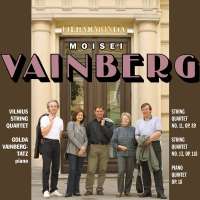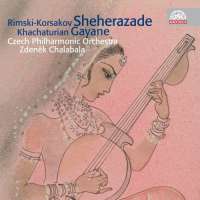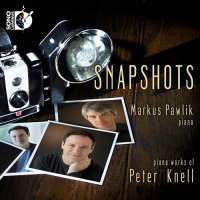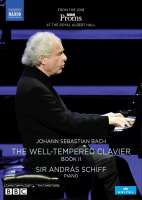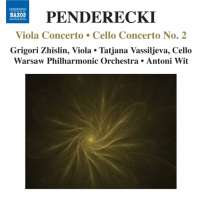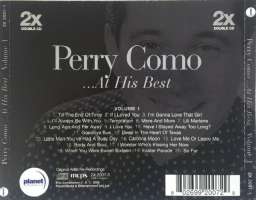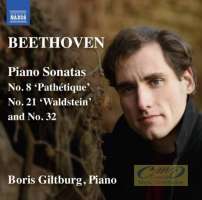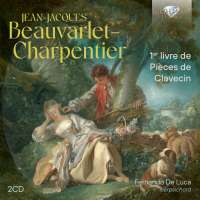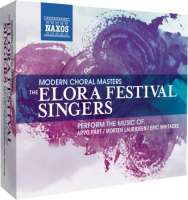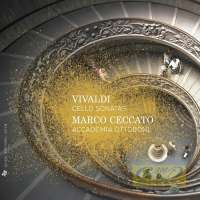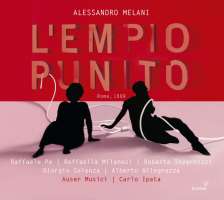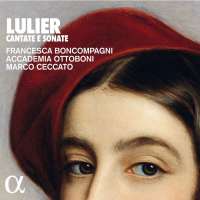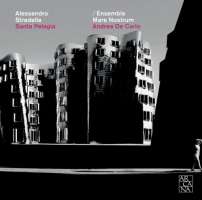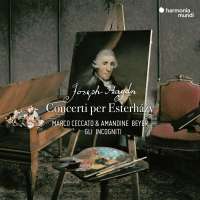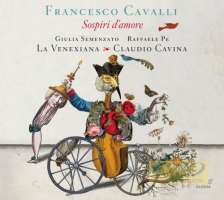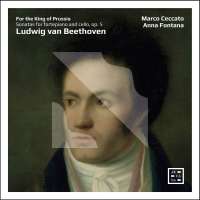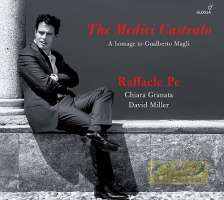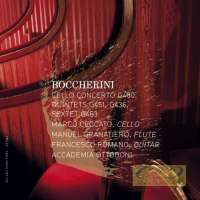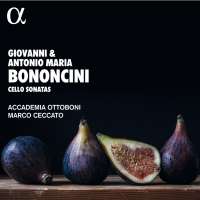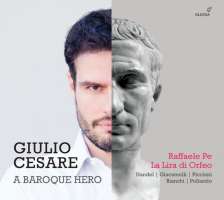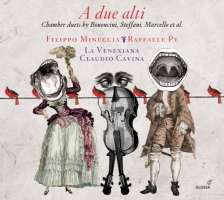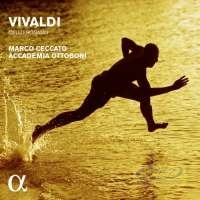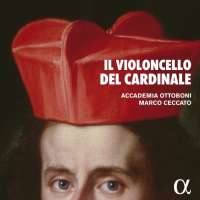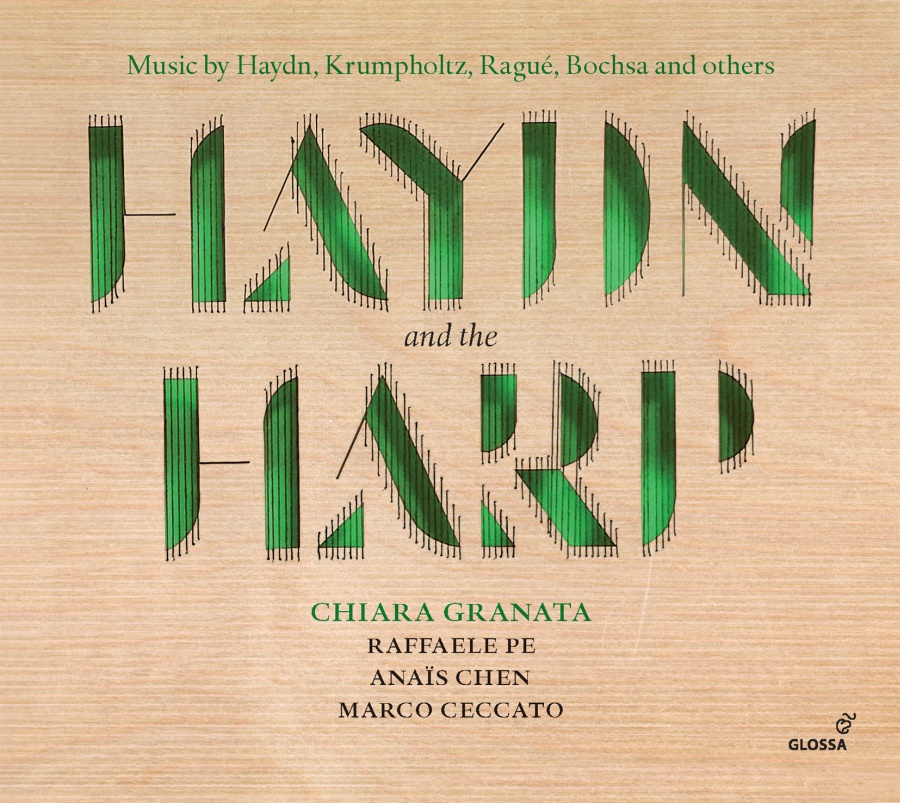
tytuł
Haydn and the Harp
wykonawcy
Pe, Raffaele;
Granata, Chiara;
Ceccato, Marco;
Chen, Anais
Granata, Chiara;
Ceccato, Marco;
Chen, Anais
nr katalogowy
GCD 923517
opis
For her first solo outing on Glossa, entitled Haydn and the harp, Chiara Granata presents a gorgeous demonstration, full of elegance and refinement, of the importance of the harp in the Classical era – and of Franz Joseph Haydn’s significant contribution to its development. Granata’s selection demonstrates how composers strove to get the most out of the harp by pushing for experimental technical demands without forcing its sound or calling for unnatural tempi; this was often with Haydn being involved in providing advice to composers and performers alike.
As further witnesses of Haydn’s penchant for the harp Chiara Granata includes in her programme a selection of folk melodies from the British Isles arranged by the composer, then (in Stendhal’s words) “full of glory and year”. Here she is joined by countertenor Raffaele Pe, violinist Anais Chen and cellist Marco Ceccato. Other composers utilized Haydn’s compositions as inspiration for their own, as can be heard in Nicolas-Charles Bochsa’s Petite Mosaique sur La Creation d’Haydn or even made arrangements of his symphonies, such as was the case with Louis-Charles Ragué.
Chiara Granata (a pupil of that treasured Glossa artist, Mara Galassi) plays two instruments built at the time of the compositions making up this delightful programme: a Holtzman harpe a crochet and a single-action harp by Naderman, the latter employed for the solo tour de force that is Boscha’s Petite Mosaique.
• +Haydn: The inspired Bard
• Haydn: The Ancient Harmony
• Haydn: Towyn Castle
• Haydn: The Rising of the Lark
• Haydn: Reged. The Fairy Banquet
• Haydn: Robin Adair
• Kozeluch: The Ancient Harmony
• Jean-Baptiste Krumpholz: Andante du celebre Haydn
• Rague: X Symphonie d'Haydn arrangee pour la harpe
• Eloüis: Prelude
• Maniere: Roxolande d'Haydn arrange par la harpe
• Sophia Dussek: God preserve the Emperor
• Bochsa: Petitee Mosaique sur La Creation d'Haydn
As further witnesses of Haydn’s penchant for the harp Chiara Granata includes in her programme a selection of folk melodies from the British Isles arranged by the composer, then (in Stendhal’s words) “full of glory and year”. Here she is joined by countertenor Raffaele Pe, violinist Anais Chen and cellist Marco Ceccato. Other composers utilized Haydn’s compositions as inspiration for their own, as can be heard in Nicolas-Charles Bochsa’s Petite Mosaique sur La Creation d’Haydn or even made arrangements of his symphonies, such as was the case with Louis-Charles Ragué.
Chiara Granata (a pupil of that treasured Glossa artist, Mara Galassi) plays two instruments built at the time of the compositions making up this delightful programme: a Holtzman harpe a crochet and a single-action harp by Naderman, the latter employed for the solo tour de force that is Boscha’s Petite Mosaique.
Works: • Anne-Marie Krumpholz: The favorite air of Robin Adair
• +Haydn: The inspired Bard
• Haydn: The Ancient Harmony
• Haydn: Towyn Castle
• Haydn: The Rising of the Lark
• Haydn: Reged. The Fairy Banquet
• Haydn: Robin Adair
• Kozeluch: The Ancient Harmony
• Jean-Baptiste Krumpholz: Andante du celebre Haydn
• Rague: X Symphonie d'Haydn arrangee pour la harpe
• Eloüis: Prelude
• Maniere: Roxolande d'Haydn arrange par la harpe
• Sophia Dussek: God preserve the Emperor
• Bochsa: Petitee Mosaique sur La Creation d'Haydn
nośnik
CD
gatunek
Muzyka klasyczna
producent
Glossa
data wydania
03-06-2019
EAN / kod kreskowy
8424562235175

(Produkt nie został jeszcze oceniony)
cena 68,00 zł
lubProdukt dostepny w niewielkiej ilości.
Wysyłka w ciągu 3 dni roboczych
Darmowa wysyłka dla zamówień powyżej 300 zł!
Darmowy kurier dla zamówień powyżej 500 zł!
sprawdź koszty wysyłki